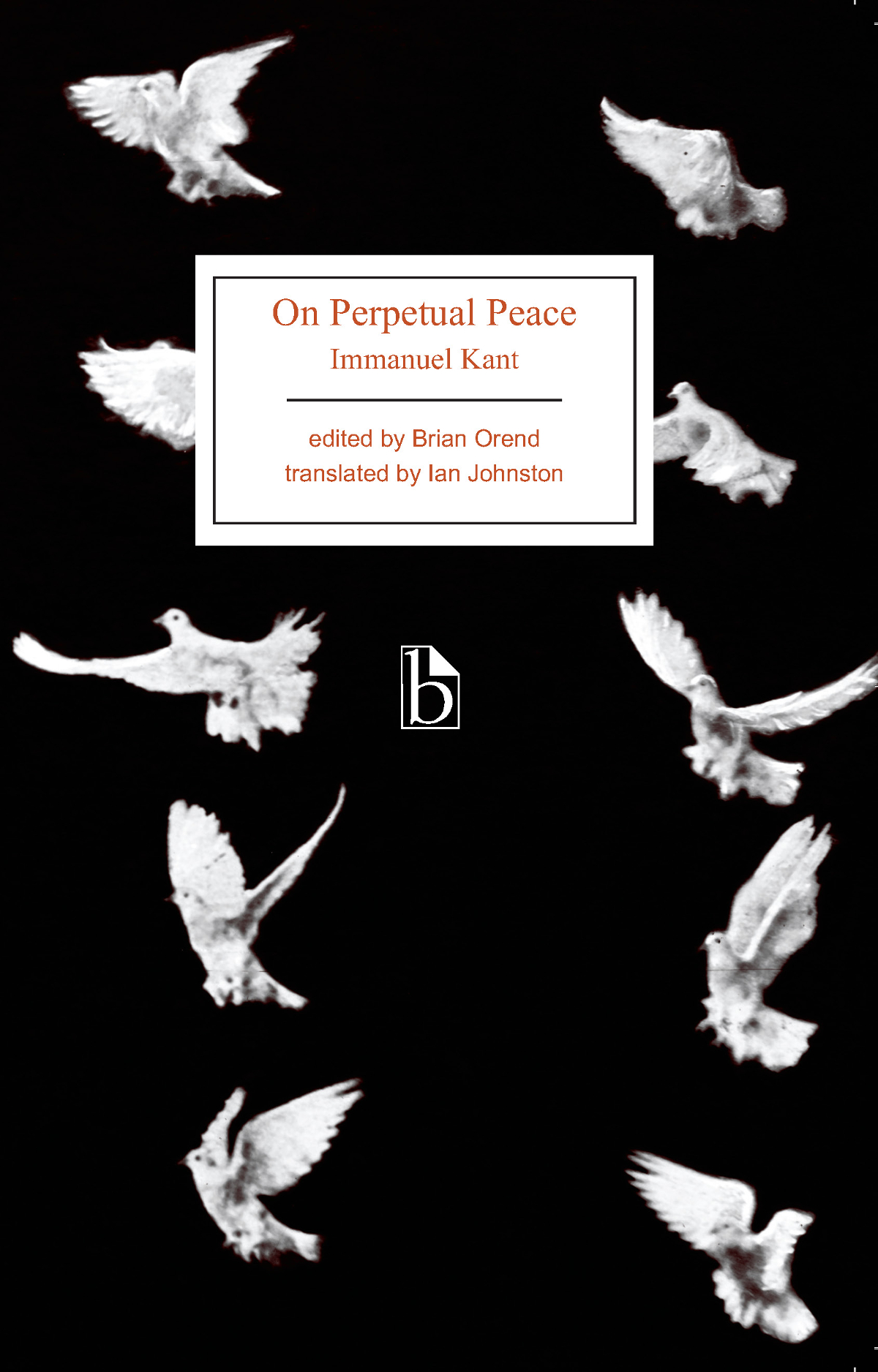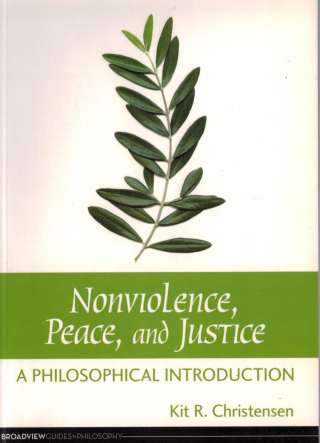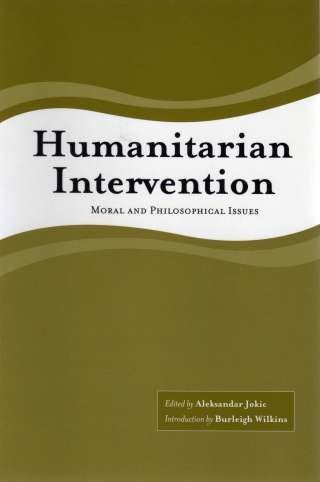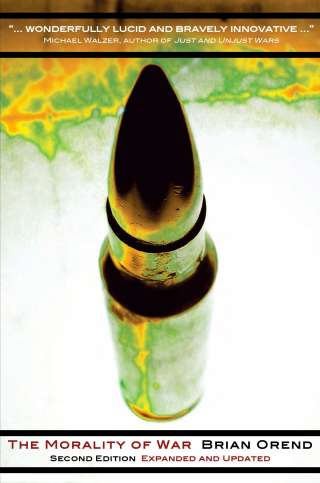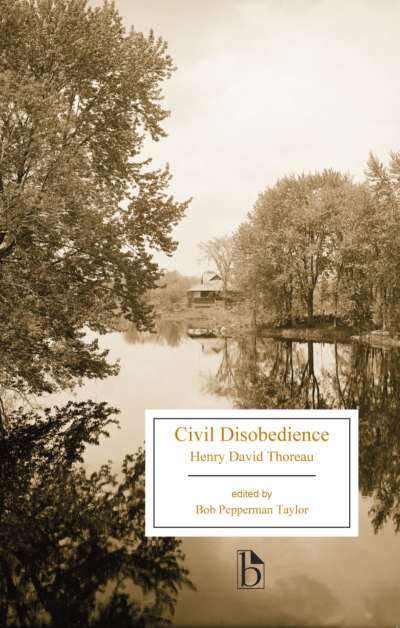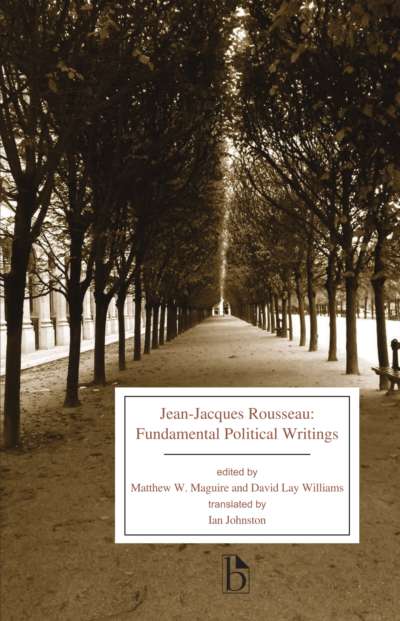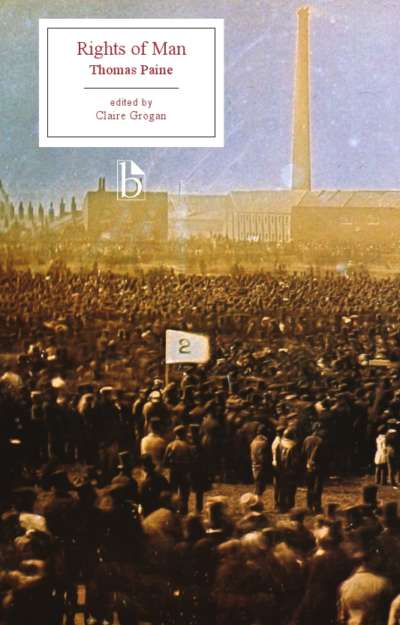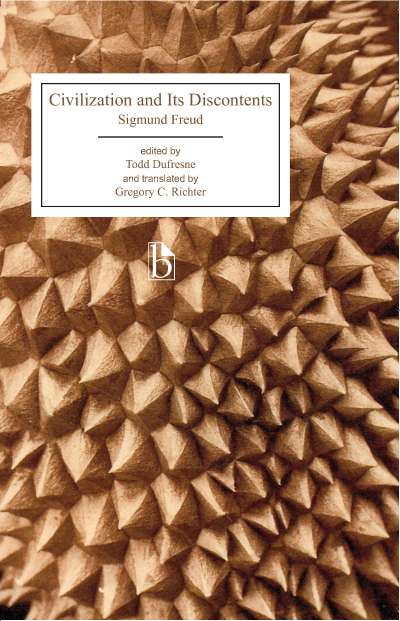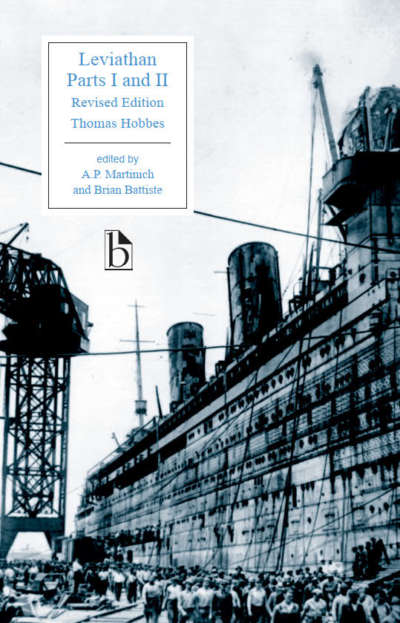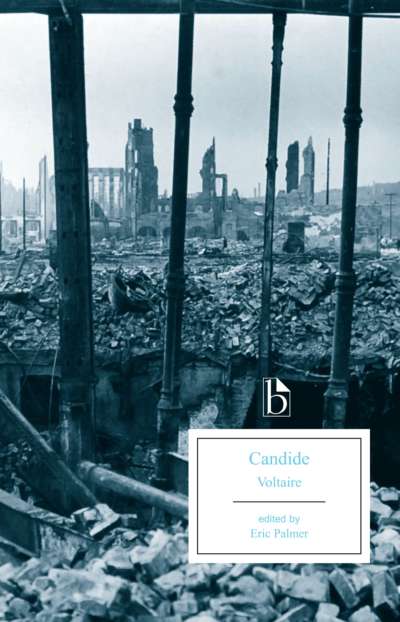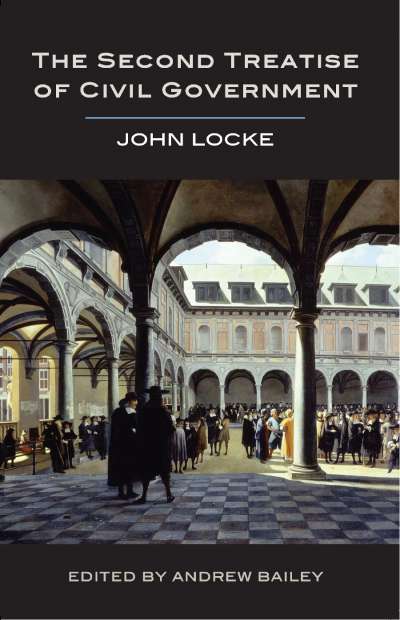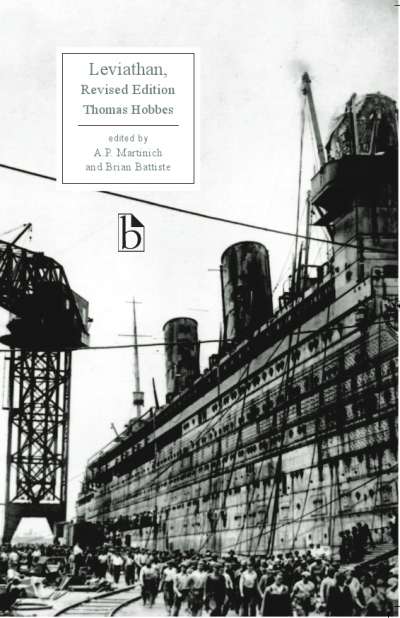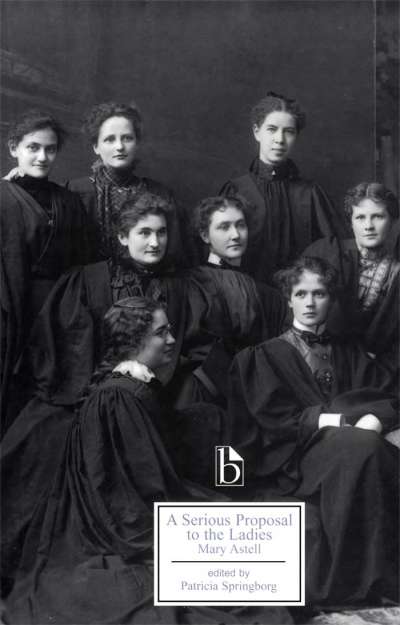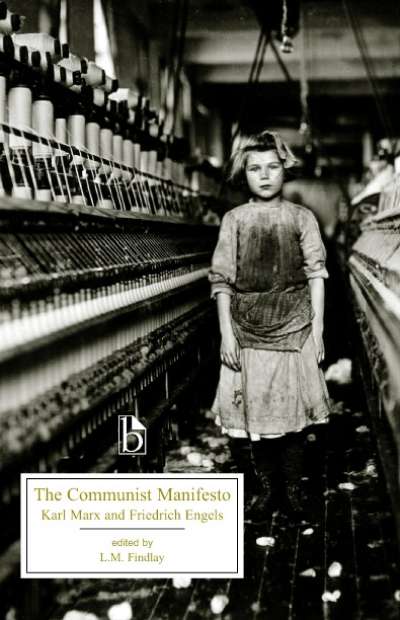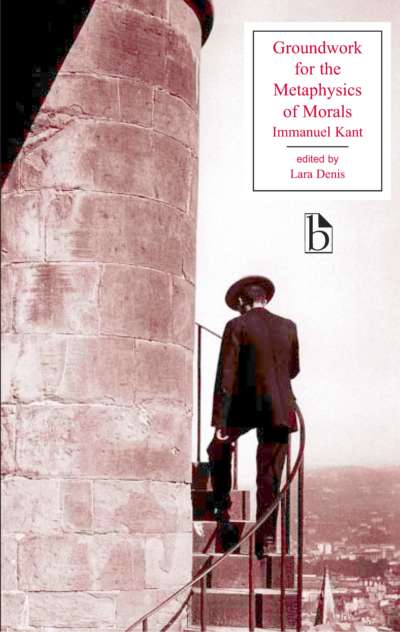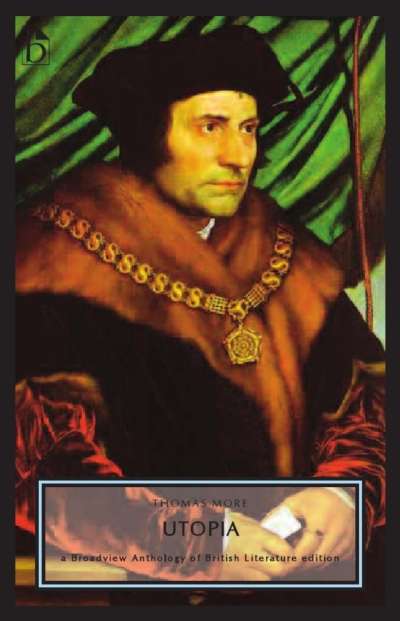Kant’s landmark essay “On Perpetual Peace” is as timely, relevant, and inspiring today as when it was first written over 200 years ago. In it we find a forward-looking vision of a world respectful of human rights, dominated by liberal democracies, and united in a cosmopolitan federation of diverse peoples. The essay is an expression of global idealism that remains an enduring antidote to the violence and cynicism that are all too often on display in international relations and foreign affairs.
This book features a fresh and vigorous translation of Kant’s essay by Ian Johnston, and it includes an extended introduction by philosopher Brian Orend. The introduction situates Kant’s essay in its historical context and offers a substantial analysis, section by section, of the essay itself. In doing so, Orend not only discusses Kant’s personal life and the history of the perpetual peace tradition, he also shows how Kant’s provocative ideas have inspired and infused our own time, especially the concept of a global alliance of free societies committed to respecting human rights.
Comments
“This is an immensely valuable volume. It combines a lucid translation of “On Perpetual Peace” and a wide selection of relevant background documents with an expert, insightful, original, and extensive commentary by one of the leading scholars of international ethics.” — Michael W. Doyle, Columbia University
“This accessible translation demonstrates Kant’s deep distrust of just war rhetoric and his clear intent that war should no longer be deployed as a means for regulating international affairs. Brian Orend’s judicious commentary will aid the reader in understanding why Kant regards perpetual peace as a necessary extension of the rule of law.” — Howard Williams, Aberystwyth University

